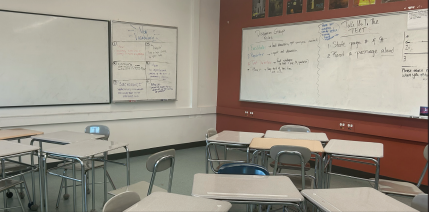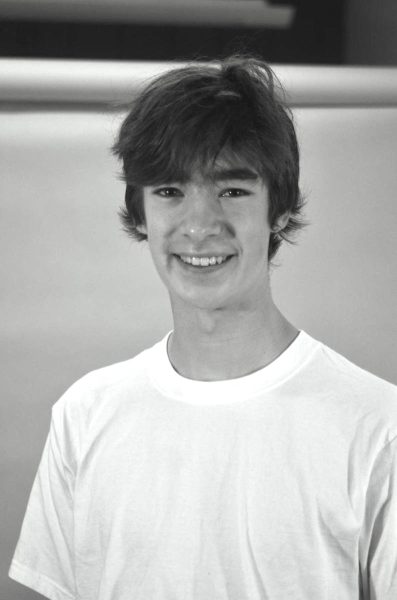
Since 2018, every CRLS freshman has participated in a full-year honors class that alternates daily between English 9 and World History. Prior to 2018, students were split into two tracks, one “Honors” and one “College Prep” (CP), with honors being the higher level of the two. The Level-Up initiative was started to remedy racial and socioeconomic inequities between the Honors and College Prep tracks, with the latter being students who were disproportionately low-income or Black.
The Level-Up program has not been without controversy. When it was first announced, there was harsh parental feedback. “There were parents outraged about the lack of rigor…they were saying it’s a social experiment,” Dean Jennifer Hamilton of the English department told the Register Forum. In addition, Level-Up brought a year-long humanities schedule to 9th grade, where students would be with the same classmates and same teachers for their entire freshman year. 9th grade history teacher Caroline Berz expressed support for this system to the Register Forum, saying that the consistency brought more stability to a student’s first semester change in high school.
With that said, the Level-Up program has changed a lot over the past seven years. In 2024, 9th-grade classes transitioned from a system where English and history were taught by different teachers in separate rooms to a triad model. This new structure places one World History, one English, and one OSS teacher (for students on IEPs) in the same room for all periods of the day. Additionally, a year after Level-Up launched in 9th grade, the initiative expanded to 10th grade, detracking all sophomore humanities courses. When asked about parents’ concerns by the Register Forum, 10th grade history teacher Mr. Joshua Landwehr said, “They didn’t want the classes to become watered down.” He gave credit to parents’ skepticism, adding, “you have to question whether it’s fair or not to have classes that are too challenging for some students and not challenging enough for others.”
Perspectives on freshman humanities classes have changed since the inception of Level-Up. While early critics feared that heterogeneous classes with a mix of students would water down the curriculum, many students and teachers now praise the skills that students develop when exposed to diverse perspectives. English Dean Hamilton stressed the importance of “pushing students to improve academically, while also pushing them to engage more with other students.” “When we come together as a class to work hard,” Lucas Alexander-Katz ’27 told the Register Forum, “it really opens your eyes to new perspectives.”
While education is always evolving, teachers seem to agree that Level-Up has reached its final form. There is strong agreement among both faculty and students that the heterogeneous structure helps students learn crucial interpersonal skills for their later education and career. And while there is debate among parents regarding the curriculum level, the same skepticism that marked the start of the program is absent.
This article also appears in our February 2025 print edition.














